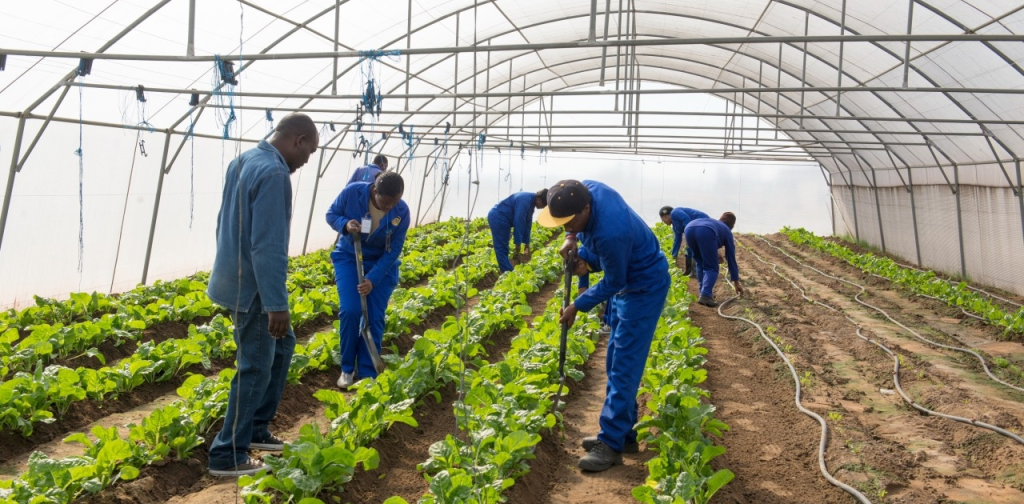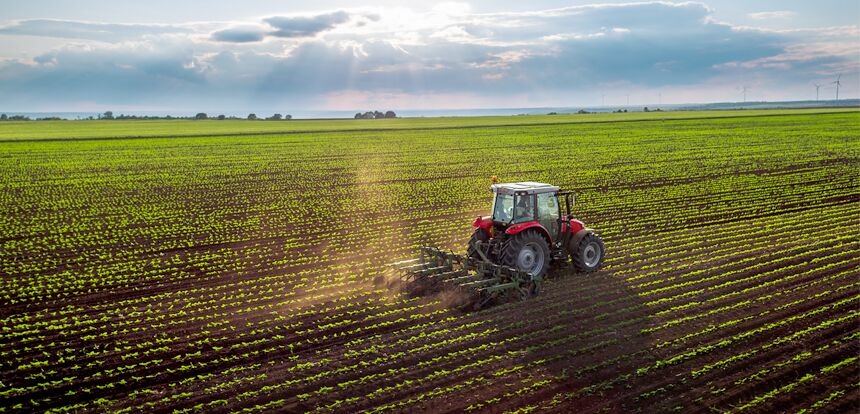Innovations in Organic Agriculture: Technology and Techniques
Organic agriculture is constantly evolving with new technologies and techniques that enhance productivity and sustainability. This blog post explores some of the latest innovations in organic farming and how they are transforming the industry.
1. Precision Agriculture
Precision agriculture involves using technology such as GPS and sensors to monitor and manage crops more efficiently. This approach allows farmers to apply inputs like water and nutrients more precisely, reducing waste and improving crop yields.
2. Organic Pest Management Technologies
Advancements in pest management include the development of organic-approved biopesticides and integrated pest management (IPM) strategies. These technologies help control pests while minimizing harm to beneficial organisms and the environment.
3. Soil Health Monitoring
Technologies for monitoring soil health, such as soil sensors and digital platforms, provide valuable insights into soil conditions. These innovations help farmers make informed decisions about soil management and improve the overall health of their crops.
4. Water Conservation Techniques
Water-efficient irrigation systems, such as drip irrigation and rainwater harvesting, are becoming increasingly popular in organic agriculture. These techniques help conserve water and ensure that crops receive the optimal amount of moisture.
5. Advanced Organic Fertilizers
Innovations in organic fertilizers include the use of biochar, compost teas, and other natural amendments that enhance soil fertility. These fertilizers provide essential nutrients to plants while supporting soil health.
These innovations are helping to shape the future of organic agriculture, making it more efficient, sustainable, and resilient. By staying informed about the latest advancements, farmers can continue to improve their practices and contribute to a more sustainable food system.









